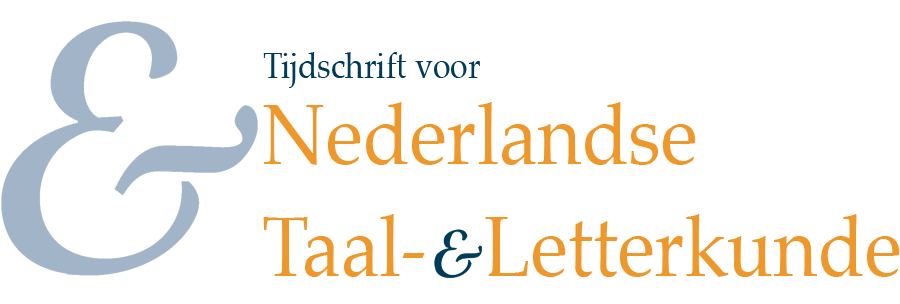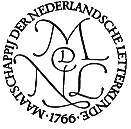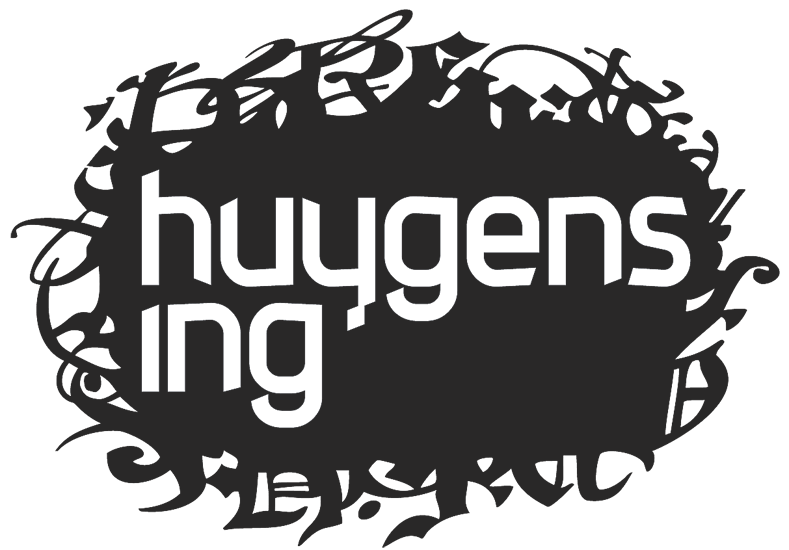Amsterdam (1561) omarmt de Heidense Natie. In een stichtelijke komedie verdedigt Meynertsz ketterse stellingen
Samenvatting
Renaissance drama developed in Holland from a distant imitation of Latin comedies, seen as models of everyday problem solving. Sixteenth century Neo-Latin authors imitated them in comoediae sacrae; they used tales from the Bible to discuss religious questions. When for instance participants in 1561 Rotterdam's rhetoricians' contest were invited to dispute a theological issue 'after life', the Amsterdam playwright Egbert Meynertsz applied that format in the vernacular. By doing so his response could elucidate a range of controversial Protestant matters of principle. His contribution is examined here. It is an adaptation of the traditional rederijker play of mind (a staged dispute) to the framework of a comoedia with characters experiencing the problems being disputed: i.e. an adaptation to drama. We will explore Amsterdam in its literary and historical context, demonstrating how Meynertsz intermingles theological conceptions with the current of events, how he proves his points and adds colour to conceptions.
Terugverwijzingen
- Er zijn momenteel geen terugverwijzingen.



